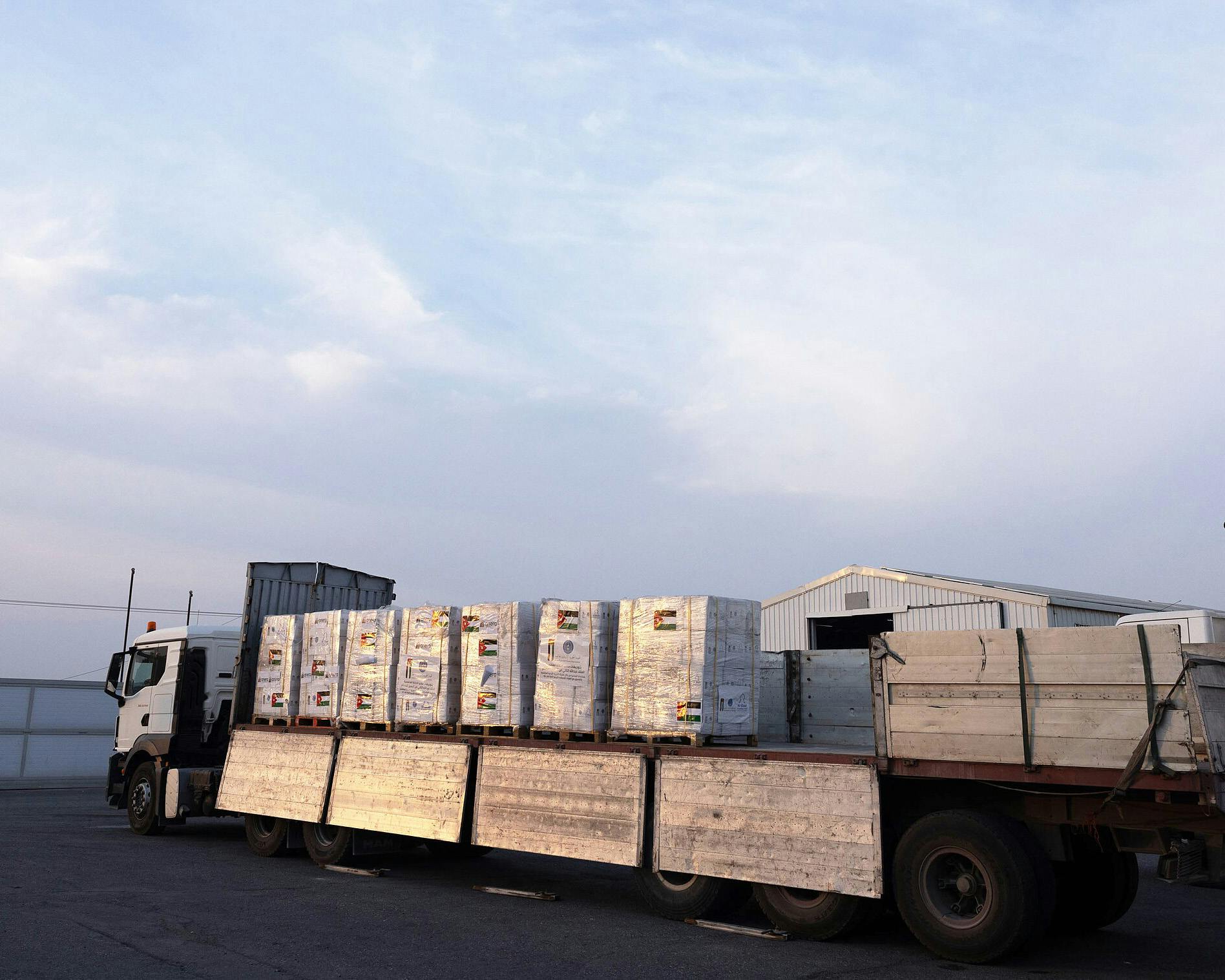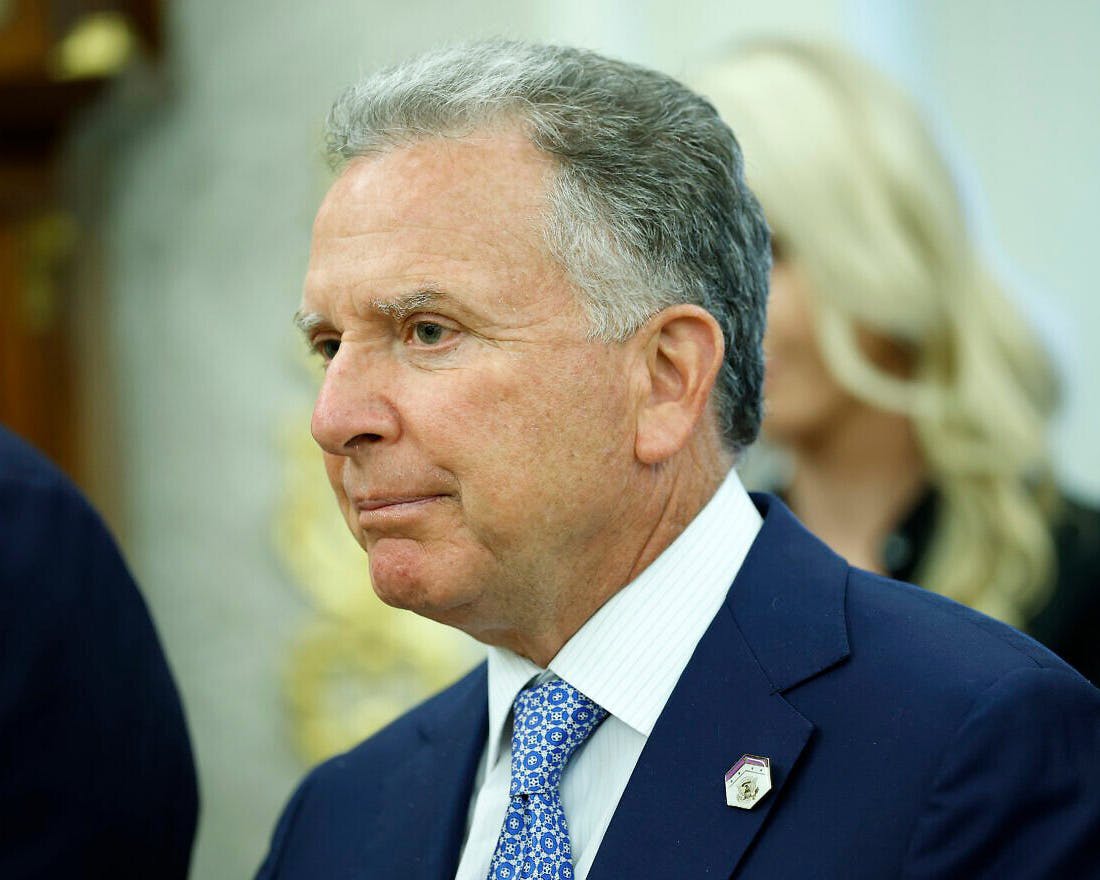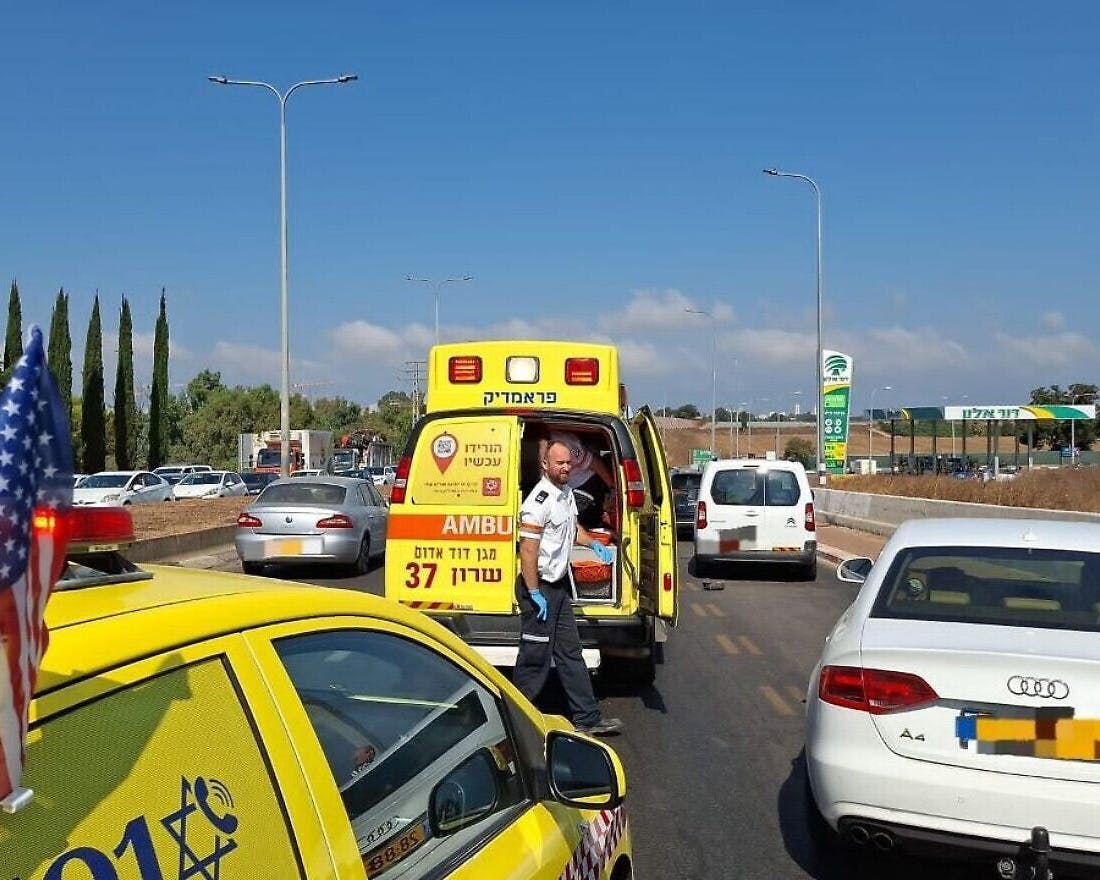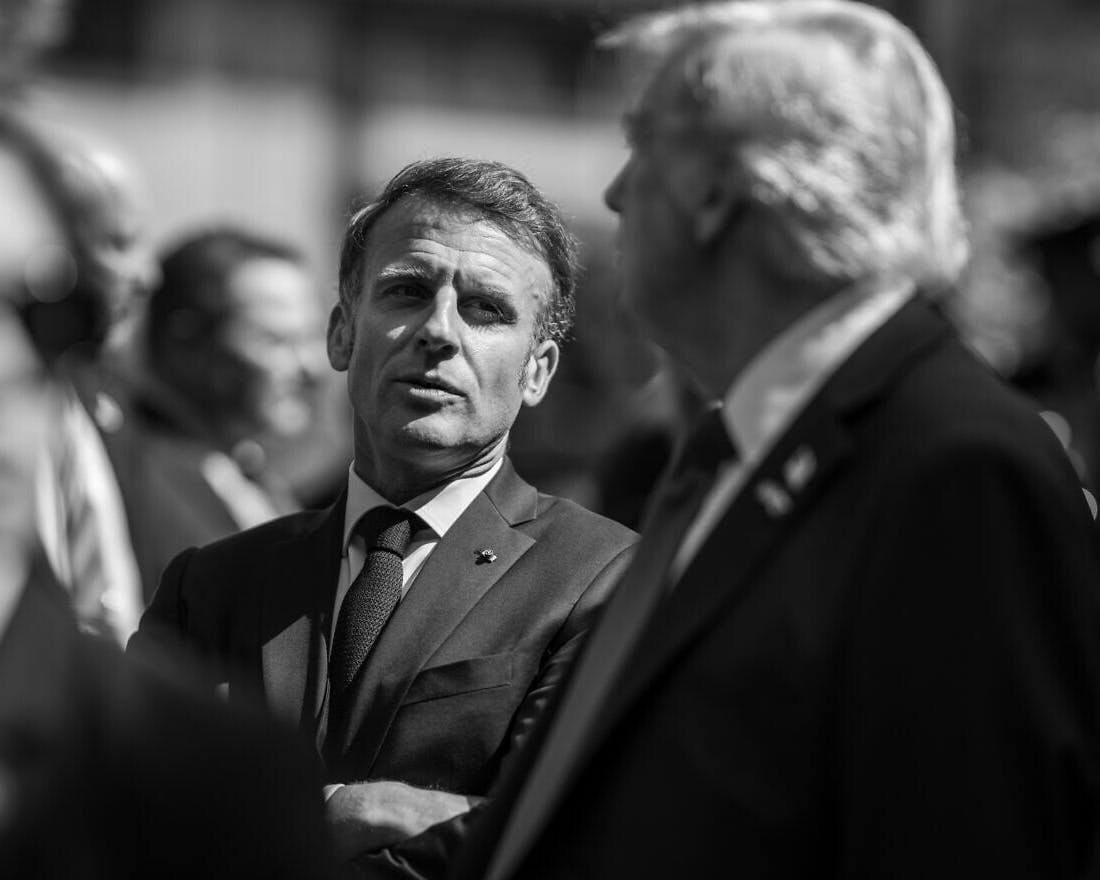Israel’s High Wire Act: Between Gideon’s Chariots and the Witkoff Framework


Tuesday, 20 May 2025 | Dawn had barely broken over the Gaza Strip on Monday when the rumble of Israeli tanks and the roar of airstrikes signaled the start of a sweeping new ground offensive. Dubbed "Operation Gideon’s Chariots," the Israel Defense Forces (IDF) unleashed a new campaign to defeat Hamas and dismantle its military infrastructure. Thousands of troops, both active-duty and reservists, began pouring into areas in northern and southern Gaza. More than a thousand miles [1,600 km] away, another battle—one for the lives of the remaining hostages—is unfolding in Doha, Qatar, where American and Israeli negotiators race against time to secure a ceasefire and the release of captives.
The IDF operation is driven by a strategic need to neutralize Hamas and its lingering capabilities. The campaign is among the largest since the war’s onset, with the Southern Command, headquartered in Beersheva and led by Major General Yaron Finkelman, coordinating a multi-pronged assault. In northern Gaza, tanks advanced toward the Al-Salateen neighborhood in western Beit Lahiya, while troops surrounded Jabalia, aiming to destroy Hamas’s command centers, weapon caches, and tunnels. Leaflets dropped over northern Gaza urged civilians to evacuate south, signaling the IDF’s intent to secure the region.
The military offensive’s intensity manifests Israel’s determination to shift the balance of power, but it also underpins the high stakes of the parallel diplomatic efforts in Doha. For every Hamas loss in Gaza, there’s a ripple effect in the Qatari capital, where negotiators grapple with the delicate task of presenting Hamas representatives a deal that could halt the violence. The military’s goal is clear: weaken Hamas’s operational capacity amid warnings that failure to reach a deal in Doha will intensify the campaign.
The latest proposal, known as the Witkoff Framework, named after Steve Witkoff, the US envoy appointed by President Donald Trump, centers on the release of ten hostages as the beginning of a process that paves the way for broader de-escalation, a release of the remaining hostages, as well as a potential permanent end to the war. Israeli negotiators have set a tight deadline, warning that military pressure will deepen and be prolonged without progress.
The ongoing hostage crisis weighs heavily in Israel. Families of the hostages have camped outside government offices, their pleas for more diplomacy and less military action amplified by nightly public rallies and protests. Michael Levy, brother of Or Levy, a released hostage, spoke about the expanded offensive: “I’m concerned it will affect the hostages; that the terrorists can decide to do something to them. I do believe the army knows what it is doing and they will make sure the hostages aren’t affected, but it’s always a concern.”
The interplay between the ground offensive and the Doha negotiations reveals Israel’s complex reality: military might alone cannot resolve the crisis, yet diplomacy without pressure could run into years of stagnation. While Israel is playing for the hostages, Hamas is playing for time. The IDF’s campaign is designed to weaken Hamas’s bargaining power, but it may also backfire and risks hardening their resolve.
Meanwhile, in Gaza, Hamas military leaders, operating from hidden strongholds, have signaled openness to a deal and yet are also defiant, demanding a full Israeli withdrawal and an end to the humanitarian blockade. The clock is ticking, with mediators in Doha fully aware that any number of factors or missteps could derail the talks entirely.
In Gaza, the sounds of war fill the air. In Doha, negotiators burn the midnight oil, parsing words and weighing concessions. For the soldiers, the civilians, and the families of the hostages, the outcome of these dual battles remains uncertain. The vision of the political leadership in Israel is that the IDF’s offensive will redraw the map and future of Gaza–free of Hamas control. In Doha, negotiators aren’t focusing on Gaza’s borders or governance, but only on saving the remaining hostages.
(Bridges for Peace, May 20, 2025)
Related Resources

Discover Your Purpose and God’s Heart For You
In today's divided, turbulent world, it's essential for the Church to rediscover God's heart. Our free e-book, authored by a seasoned expert with three decades of experience in Israel, delves deep into the teachings of Jesus (Yeshua) to reveal God’s principles of love and purpose. Learn how embracing these truths can bring significance and impact to your life, even amidst chaos. Subscribe now to receive your free copy and embark on a journey of transformation.




